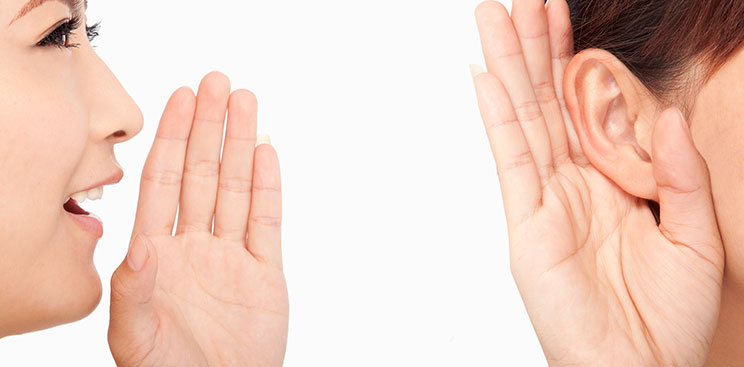What’s the connection between diabetes and hearing loss, and how can people with diabetes take care of their hearing?
WHAT IS DIABETES?
Diabetes is a condition where your blood glucose levels are too high. In Type 1 diabetes, the body fails to produce any insulin. Diabetes can be managed with exercise, meal plans, medication, and insulin injections. There are many helpful diabetes treatment strategies nowadays that can favorably influence medical outcomes and prevent the worst effects of untreated diabetes, such as damage to the blood vessels, eyes, kidneys, and nerves.
Because, over time, diabetes can cause problems with the blood vessels and nerves inside the ears, there is a risk of hearing loss and tinnitus.

THE LINK BETWEEN HEARING LOSS AND DIABETES
According to research, diabetics are more than twice as likely to develop mild to moderate hearing loss compared to people without diabetes. The existing evidence points towards blood circulation as the problem: diabetes causes damage to the blood vessels, and good circulation helps the hair cells inside the cochlea pick up sound. When these hair cells begin to deteriorate, sensorineural hearing loss occurs.
Sensorineural hearing loss also occurs slowly over time, making it hard to detect. It is permanent and can only be treated or alleviated with hearing aids or cochlear implants.
While there are different types of hearing loss, sensorineural hearing loss is the most common, and it can happen to anyone. When we are exposed to loud noises, it can wear down the cells inside our cochlea. After too much damage, our ears begin having trouble detecting certain volumes and tones. In diabetics, this effect is exacerbated by poor circulation and nerve damage.

HOW TO PROTECT YOUR HEARING WHILE DIABETIC?
You don’t have to let diabetes get the best of your hearing — fight back by reducing your overall risk of hearing loss:
- Keep up the good work managing your diabetes in collaboration with your medical doctor.
- Avoid loud noise. Use hearing protection if that’s not possible. Excess noise is one of the most preventable causes of hearing loss.
- Avoid using tobacco, which increases the risk of hearing loss.
- Stay physically active, because excess weight affects your hearing.
- Have your hearing evaluated by a licensed audiologist — just like regular eye and teeth care — for early testing, detection, and treatment of any problems.
- Eating a balanced, nutritious diet, which is crucial for managing diabetes, is also crucial for optimal ear functioning.
If you notice any difficulty in everyday listening situations, be sure to see a hearing care professional for a hearing evaluation. A hearing care professional can check your hearing and determine a treatment that is right for you.